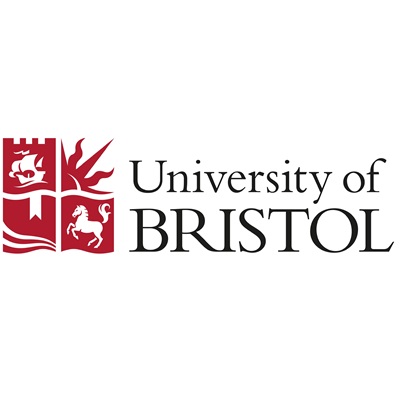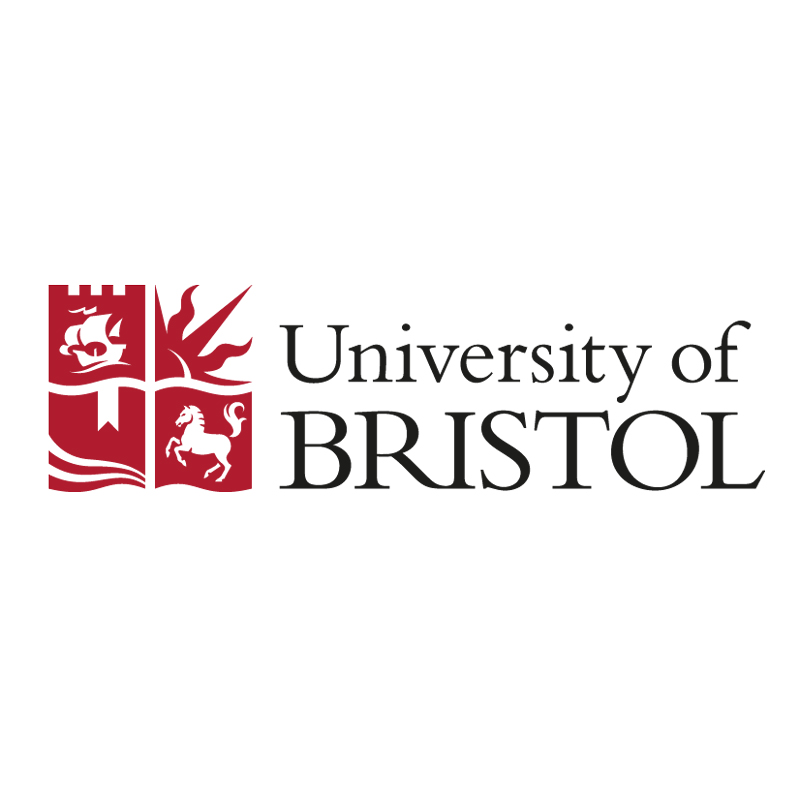Introducing the porous campus model to connect academic programmes with industry
Real-world engagement with local businesses and communities prepares students to tackle evolving social and economic challenges

Sponsored by

The concept of a porous campus has gained traction in recent years thanks to the growing number of universities that have popularised it. The porous campus is a model that aligns higher education with societal needs by integrating industry collaboration, research and responsible use of technology into academic programmes.
Among the universities embracing and advocating for the porous campus is the University of Bristol in the UK, which embeds research-led learning and industry collaboration into its academic programmes. HELP University, based in Malaysia, follows a similar path by focusing on industry collaboration to develop digital agility and entrepreneurial skills among its students. While these universities are leading by example, the question remains whether institutions can adapt to meet the fast-changing demands of employers in a sustainable and ethical way.
By building technological hubs and promoting entrepreneurship, porous campuses can create a responsive education system that is more closely aligned with societal needs. Breaking down traditional academic boundaries empowers students to engage with professionals across various sectors and embrace an interdisciplinary approach that will prepare them to face the complexities of the modern workplace.
Paul Chan, founder of HELP University, views universities as contributors to nation-building. According to Chan, universities play a critical role in fostering innovation and economic growth through the porous campus approach, particularly in rural areas.

Veronica Hope Hailey, inaugural dean of the University of Bristol’s Business School, says the university invites industry professionals into the classroom as mentors, allowing students to engage with real-world challenges. “This practical engagement not only sharpens our students’ problem-solving skills but also ensures that education remains relevant to contemporary industry needs,” says Hope Hailey. Chan echoes the sentiment that preparing students to address complex, real-world problems encourages them to think outside traditional academic boundaries.
The physical design of the campus is a key component in establishing an environment that connects academia and industry. This is the challenge facing Brian Squire, the new dean of the University of Bristol Business School, as he prepares to embed the school in the university’s new Temple Quarter Enterprise Campus.
Squire says this campus, built in the heart of Bristol, fosters inclusivity and openness and erases barriers between the university and the public. “The ground floor, designed as a community space, serves as a hub for local businesses, cultural events and inclusive educational initiatives,” says Squire. “The upper floors house research partners and industry professionals who work alongside students and faculty, encouraging organic collaboration and knowledge sharing.” Squire adds that the business school’s new master’s programmes integrate AI with social sciences to equip future leaders to meet contemporary challenges.
This principle could also be implemented in Malaysia as a model that offers opportunities to support economic development, strengthen ties to the grassroots communities and solve regional challenges using modern technologies. Hope Hailey and Chan agree that engaging with local economies and ecosystems will enhance universities’ role in sustainable development and resolving pressing regional and global problems.
Find out more about the University of Bristol’s Open for Business podcast.
